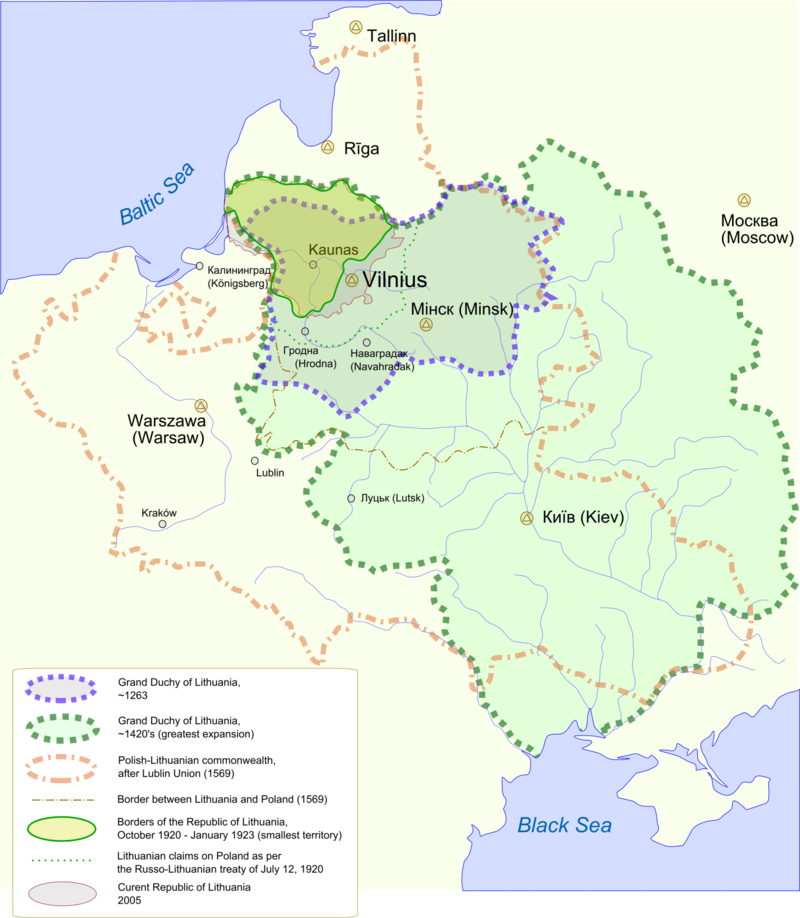JimLes
Well-Known Member
And I do respect Canada's customs, laws and traditions.
Which are so close to the customs, laws, and traditions of your home country that it really isn't much of an effort. I'm not trying to justify or defend the video you posted. Far from it, I think it's ridiculous. I just don't think you can expect that people from vastly different societies, with vastly different laws, morals, and traditions, to accept everything about Canada overnight. To change their own habits and values. To become someone else, essentially. This has to be a joint effort. You can't place all the responsibility on the immigrant.

